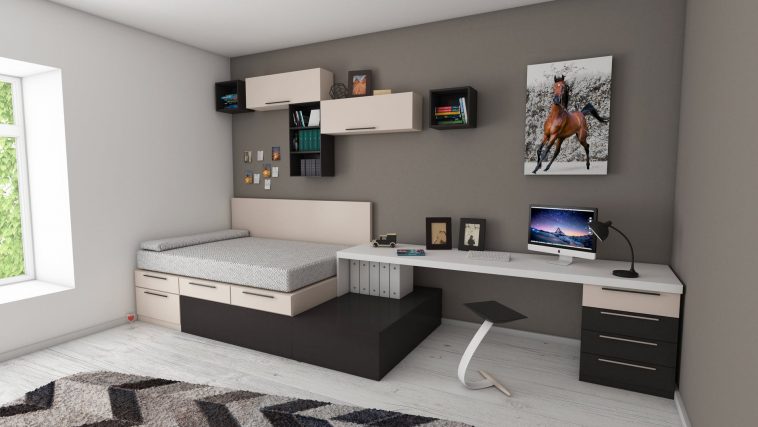Being a freelancer comes with many advantages: you can set your own rates, work at the times which suit you best, take vacations when you like without having to ask for permission and more. One downside to freelancing, however, is that you are likely to do at least some of your work from home, and if you are not careful you will end up with lots of clutter in your home office in no time. Here are some tips to avoid that situation.
Keep checking your desk
Desks whether in a home office or at the workplace are notorious for getting very messy very quickly. The first step to keeping your desk tidy is to invest in a few desk organizers, ideally ones that can accommodate items of different sizes and shapes. However, the risk with desk organizers is that you will end up chucking lots of items into them and never giving them a second look until you find yourself with almost as much clutter as before. The best thing you can do to avoid this problem is to make a habit of checking your desk every day, either when you start work or just before you call it a day. Do a visual scan of your desk, including your desk organizers, to make sure that you only have items on it that you actually need, and throw out or tidy away everything else.
Consider external storage
One of the first things you realized when you first became a freelancer was probably the fact that you were suddenly responsible for buying (and therefore storing) all the materials you need to do your job, be it cans of paint, hardware, or hairbrushes. If you have lots of items that you only rarely use, but which you can’t do without, consider renting a unit from StorageArea to keep them in until you next need them. Pro tip: keep an up-to-date list of all the items you have in storage at your house, so you don’t end up accidentally buying duplicates because you forgot what you already owned!
See if you can share resources
If your work relies on using fairly large machinery, such as a 3D printer or a sewing machine, see if there is a makerspace in your area that you could join. A makerspace is a space open to the public where users are encouraged to experiment with using different types of equipment to create products and artifacts. A makerspace could be a permanent feature in a community-building, such as a library, or it could take place on specific days. Granted, you might not be able to rely on the machines in a makerspace completely, as there might be a lot of people wanting to use them, but you could always ask the organizers of the makerspace if you could have access to the machinery after hours in exchange for doing some volunteering, such as running a workshop demonstrating how to safely use the equipment in question.






